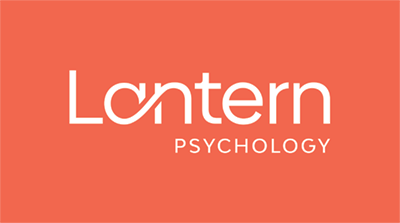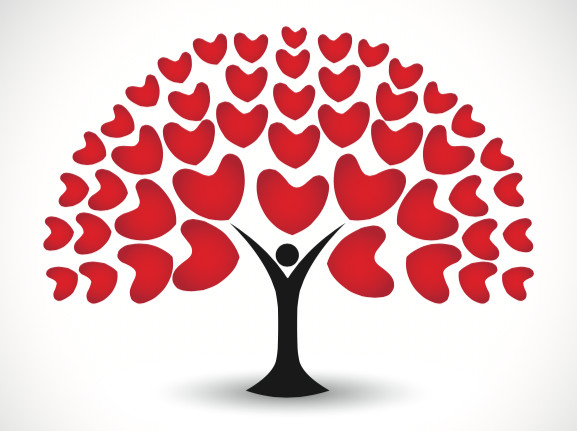Mindfulness
Mindfulness means paying attention, in the present moment, with an attitude of openness and non-judgement.
We can “practise” being mindful in many different ways. We can also apply mindfulness to many situations in our life both to improve the quality and meaning of each experience and to help us to change our unproductive behaviour and habits.
This mindfulness handout provides a summary of what mindfulness is and how it can be practised. Download here.
To listen to mindfulness Mp3s, click here.



